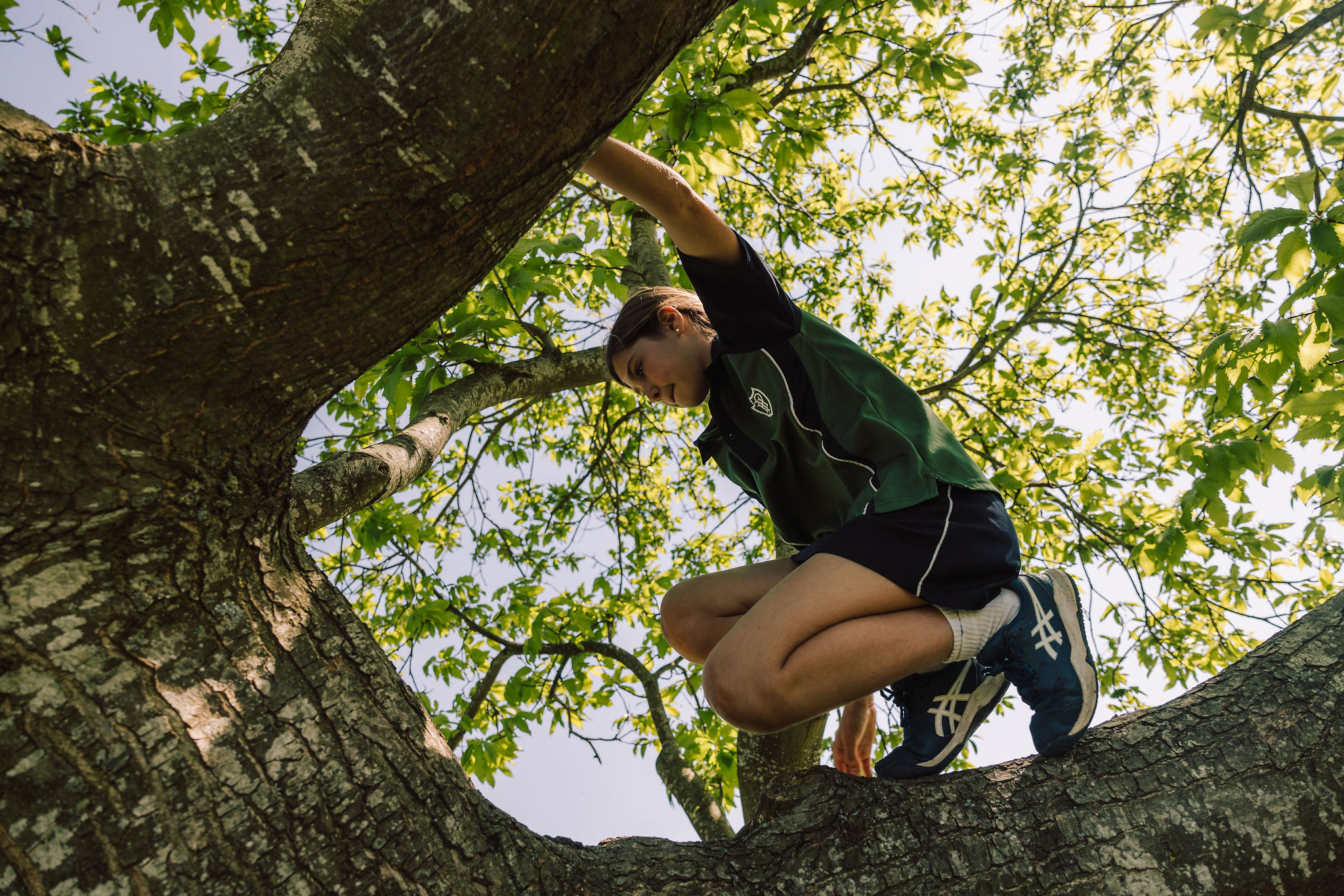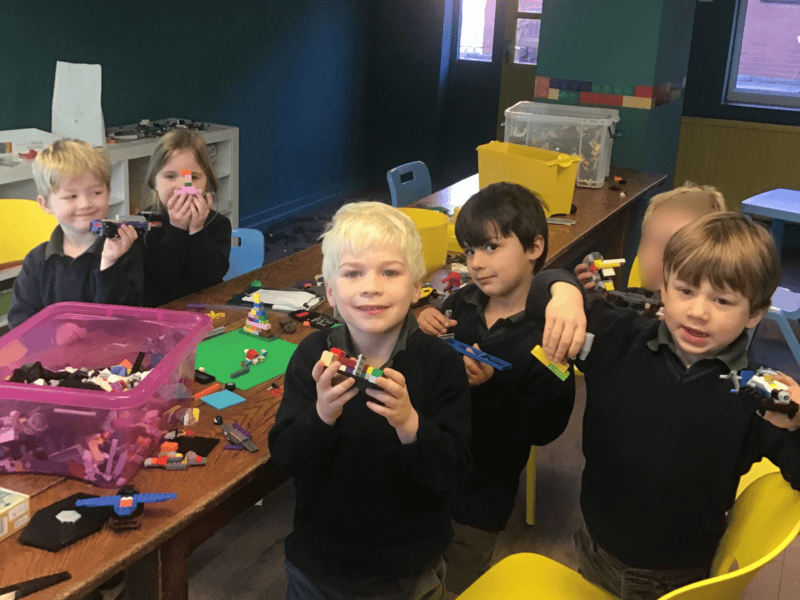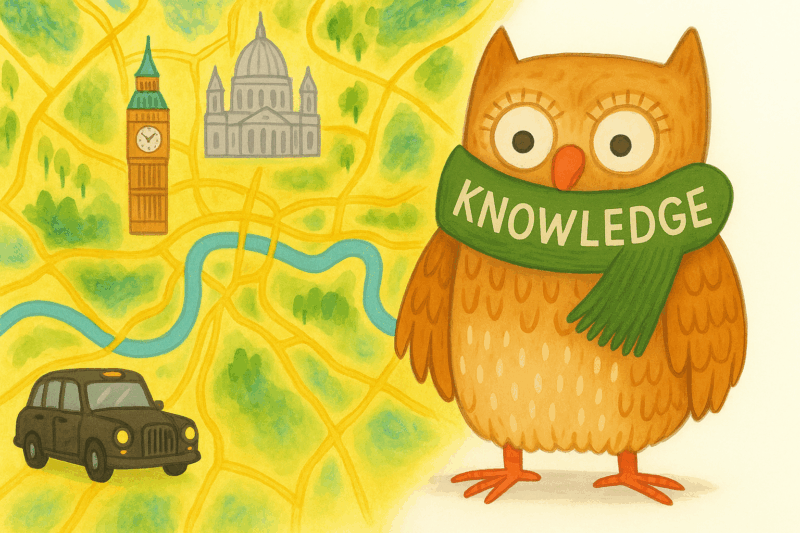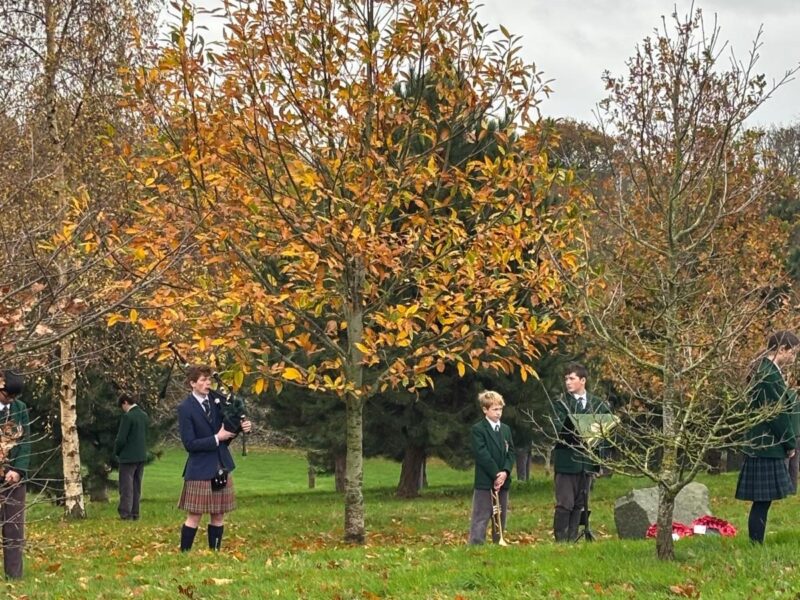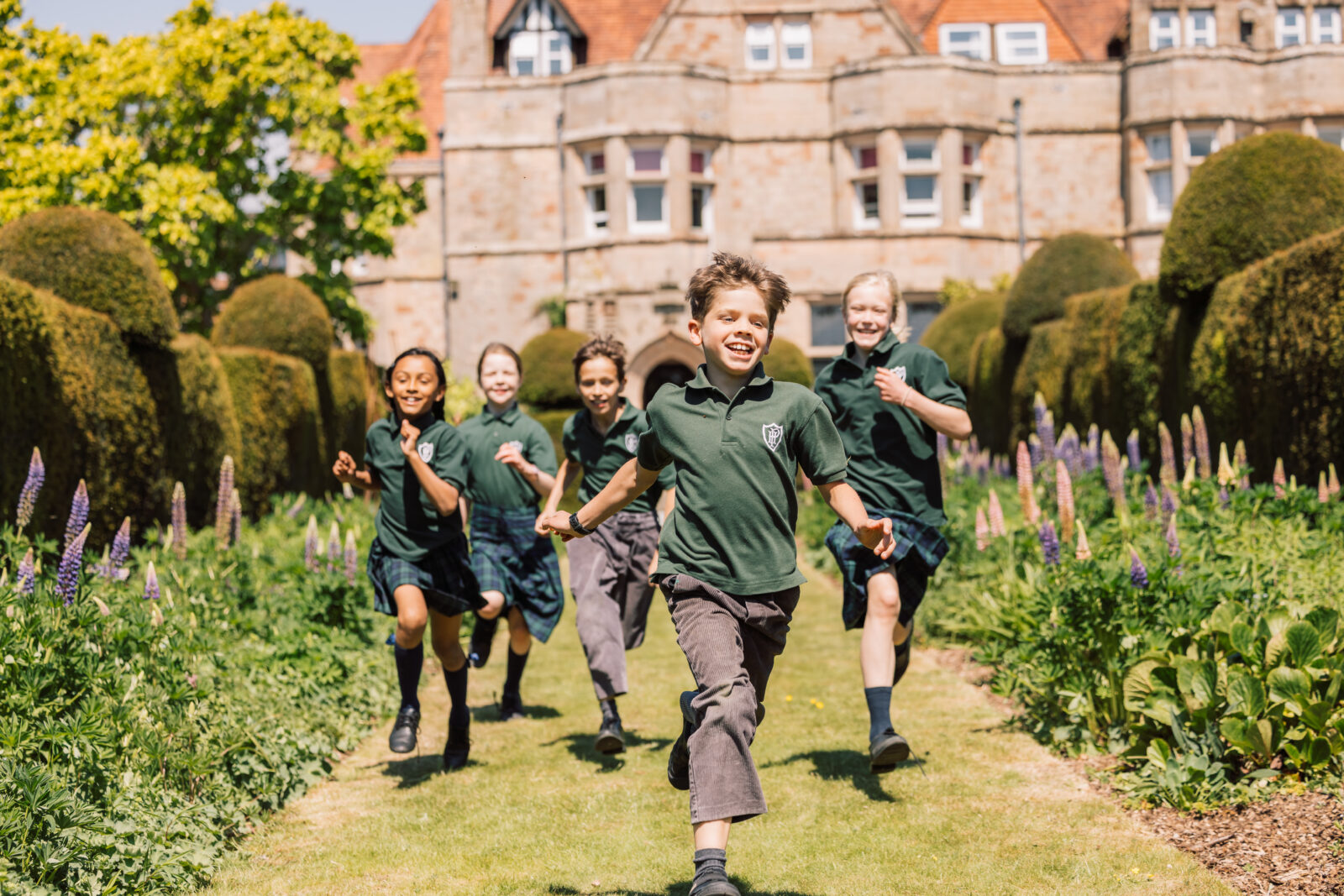I have recently read a wonderful book that has been reprinted over 120 years since it was written. William J. Long’s ‘The School of the Woods’ reminds us that nature itself is the first and best teacher. Writing in 1902, Long observed that “the whole forest is a school; every path is a classroom, every creature a teacher.” He describes foxes stalking, birds building, and deer listening — all learning through trial and error, supported by the quiet guidance of the forest. “The animals have their teachers,” Long wrote, “and the best teacher of all is experience”. As you would imagine, it is the perfect accompaniment to life at Packwood; indeed as I write this, our weekly Packwood Award session is underway and scores of Packwoodians are currently exploring in our own forests here in idyllic Shropshire.
Nearly sixty years after Long’s book was first published, the extraordinary Jane Goodall entered the Gombe Forest in Tanzania with that same approach. She often said, “What you do makes a difference, and you have to decide what kind of difference you want to make.” In the 1950s as a solo female traveler, she would sit patiently, watch quietly, and allow chimpanzees to reveal their own lives. Accompanied only by her notebook, she discovered tool use, complex social bonds, and individual personalities that have helped to reshape natural science. Her death this week has led to an outpouring of tributes celebrating both her contribution to the natural world and environmental causes, but also her own extraordinary strength of character.
Jane Goodall visited Packwood in 2007 and inspired the school community.
She will been heartened to visit a school that focuses so much on the power of the outdoors and nature. As we root our 2030 Strategic Plan in experiential learning, the Big Tree Attributes frame a lot of her and William Long’s legacies:
- Boldness — “The greatest danger to our future is apathy,” warned Goodall. Boldness is choosing to act, not stand by.
- Imagination — Long noted how a bird learns to weave a nest in ways “no human architect could equal.” A strong imagination allows us to see possibility where others might be constrained by a blinkered view.
- Growth-Minded— Goodall insisted, “Only if we understand, will we care. Only if we care, will we help. Only if we help shall all be saved.” Growth comes through repeated effort and reflection.
- Teamwork — The chimpanzees Goodall studied shared food, comforted the grieving, and worked together in ways that we seek for our own communities.
- Resourcefulness — A fox, Long observed, “uses his wits as much as his teeth.” In nature, resourcefulness is survival; in school, developing a natural instinct to adapt and be agile in the face of change serves our children well for the future.
- Empathy — Goodall built her life’s work on empathy: “You cannot share your life with a dog… or a chimpanzee, and not know perfectly well that animals have personalities and minds and feelings.”
- Excellence — Both Long and Goodall urged us not toward polish but toward purpose. As my Assembly this week, inspired by John Ridgway, urged our pupils: live in ways that leave people and places better than we found them.
Whilst William Long’s book is viewed by many as a nature fable rather than science, his purpose, like Jane Goodall’s, was to awaken our minds beyond our own sphere of influence. By doing this, we evoke a great sense of wonder and relevance. Facts matter, but stories ignite imagination. The task for us as teachers is to hold both together: wonder and facts, story and study.
In her 1994 work, ‘With Love: Ten heartwarming stories of Chimpanzees in the Wild’, Jane Goodall reminds us that “every individual matters. Every individual has a role to play. Every individual makes a difference.” Writing in the 2007 edition of the Packwoodian, Nigel Westlake, then Headmaster, reflected on Jane Goodall’s lecture to the school: “she is an inspiration and will surely have affected the way that Packwood children think about the future – with excitement, hope and action”. Just as she inspired the Packwoodians of 2007, she and the likes of William Long inspire us to consider what really matters in bringing up children – to do so with excitement, hope and action.
William Goldsmith
Packwood Head
